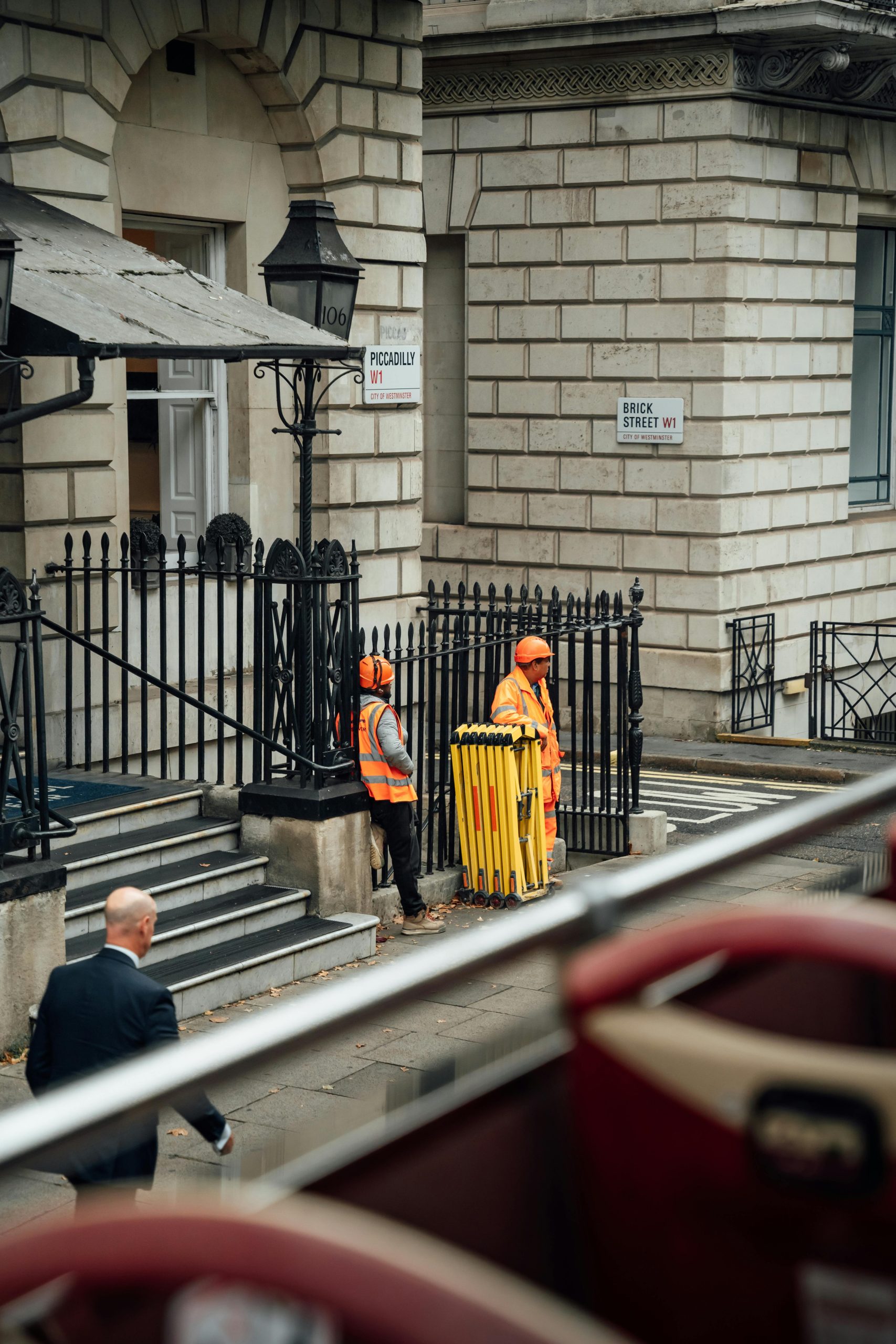The Challenges of Construction in London: A Closer Look
Building in London presents a unique set of challenges that can significantly complicate the construction process. As one of the world’s most vibrant and densely populated cities, London’s complex regulatory environment, coupled with its historical significance and modern demands, creates a distinctive landscape for developers and builders alike.
Regulatory Constraints and Planning Permissions
One of the primary hurdles faced by construction projects in London is navigating the intricate labyrinth of planning permissions and regulations. The city’s commitment to preserving its historical architecture means that many areas are subject to strict development guidelines. Obtaining the necessary approvals can be a lengthy process, often requiring extensive documentation and consultations with various stakeholders.
Limited Space and High Competition
Another factor contributing to the complexity of building in London is the limited availability of land. As the city continues to grow, the competition for prime locations becomes increasingly fierce. Developers must often contend with not only other construction projects but also a myriad of community interests, which can lead to conflicting priorities and additional delays.
Infrastructure and Access Challenges
London’s notoriously congested roadways and public transport systems can pose significant obstacles for construction operations. Transporting materials and equipment to and from sites can be both time-consuming and costly. Moreover, ensuring that construction activities do not disrupt the daily lives of residents and local businesses adds another layer of complexity to the process.
Addressing Sustainability and Modern Needs
Lastly, the push towards sustainable construction practices adds further dimensions to the challenges faced by builders in London. There is an increasing demand for environmentally friendly solutions, which necessitates a thorough consideration of energy efficiency, waste management, and the overall ecological impact of new developments.
Conclusion
Constructing anything in London requires an intricate balance of regulatory knowledge, logistical planning, and an awareness of the city’s historical context and community needs. While building in this dynamic environment can be rewarding, it undeniably comes with its own set of complexities that must be carefully navigated to ensure successful outcomes. As the city continues to evolve, so too must the strategies employed by builders to address these ongoing challenges.


Insight from a London Resident on Navigating Construction Challenges
Having lived in London for many years, I can attest to the complexities highlighted in this post. One aspect that often gets overlooked is the importance of community engagement and transparency during the planning phase. When developers take the time to involve local residents and businesses early on, it can help mitigate delays and foster support for projects.
Additionally, embracing innovative construction methods like modular building and sustainable materials can provide pathways to overcoming some of these hurdles. For instance, modular construction can significantly reduce on-site noise and congestion, which is crucial in a densely populated city like London.
It’s also worth noting that London’s infrastructure is continually evolving. Projects such as the Crossrail or the expansion of public transport services can open new opportunities for development once completed, easing some of the logistical challenges.
Ultimately, collaboration between developers, regulators, and the local community — paired with adaptive, innovative approaches — is essential to successfully navigating London’s unique construction landscape. As residents, supporting strategic planning that emphasizes sustainability and community benefit can make the process smoother for everyone involved.